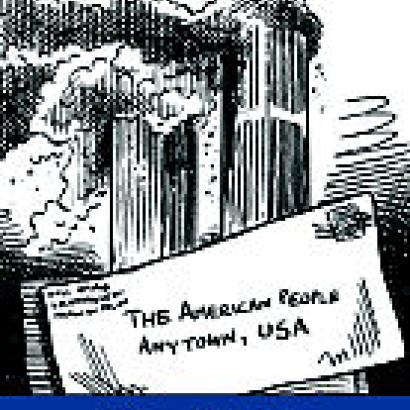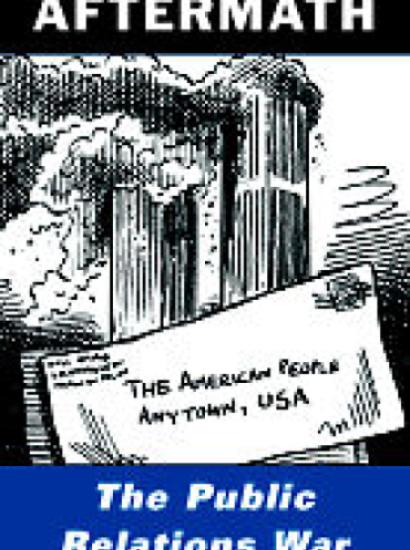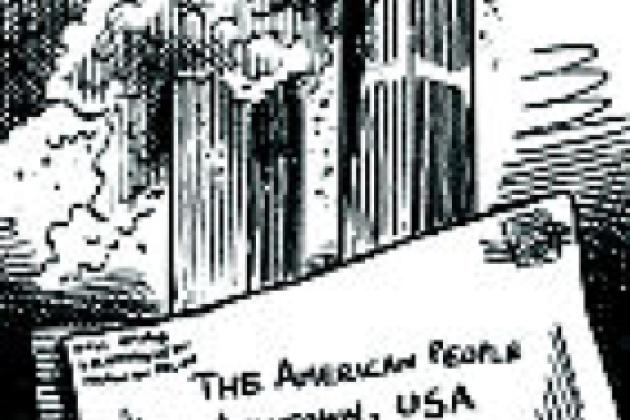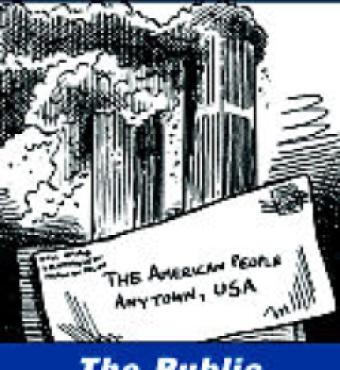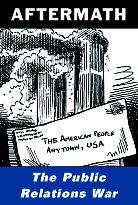- International Affairs
- US Foreign Policy
- Law & Policy
- Civil Rights & Race
Not long after
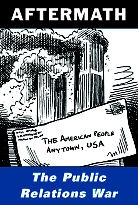
September 11, Fareed Zakaria published a lengthy essay in Newsweek, subsequently much praised and rightly so, called "Why They Hate Us." I would like to devote this space to a brief survey of the subject "And Why the Others Have Mixed Feelings."
We know who "they" are, for purposes of Mr. Zakaria’s survey: the radical networks of Islamist forces, along with their sympathizers and enablers, bent on harming us. The "others" I have in mind are opinion leaders around the world, as surveyed by the Pew Research Center for the People and the Press in conjunction with the International Herald Tribune.
The Pew Center report, released in late December, is a product of interviews with 275 "influential people" in politics, media, business, culture, or government from the United States and more than 20 other countries in every region of the globe, from France to Bangladesh. What the survey mainly reveals is a gap between how Americans see the United States and U.S. power and how others do.
Let’s start with the question of the cause of the September 11 attack: Do "most people" in your country (or "many" or "only some" or "hardly any") think "that U.S. policies and actions in the world were a major cause of the attack?" In the United States, 18 percent said many or most people here think that. In the rest of the world, 58 percent said many or most of their people laid the blame at the doorstep of U.S. conduct.
Are we overreacting? In the United States, 0 percent of respondents said they thought many or most Americans believe that the United States is overreacting. The rest of the world: 42 percent said many or most of their people thought the United States was overreacting.
A question not asked in the United States but asked elsewhere was whether most (many, etc.) people in your country believe "it’s good that Americans now know what it’s like to be vulnerable." If an interviewer had put that question to an American, it would probably have been at the risk of a punch in the nose. But around the world, 70 percent of respondents said many or most of the people in their country thought it’s good we now know what it’s like.
One question not framed in terms of characterizing public opinion but rather asking for the respondents’ own views, was, "Do you think the United States is taking into account the interests of its partners in the fight against terrorism or do you think the U.S. is acting mainly on its own interests?" Seventy percent of American respondents said we were taking our partners’ interests into account; only 33 percent of non-Americans said we were doing so, compared to 62 percent who said we were acting mainly on our own interests.
|
"Everybody agrees that the United States represents democracy, opportunity, and innovation and is sad on our behalf at the loss of life from the September 11 attacks. But whereas we think we are doing a lot of good in the world, others think we are only taking care of number one." |
The survey is hardly an unmixed bag. On the question of whether the United States is doing "the right thing for the world by fighting terrorism," 62 percent of non-Americans said most or many thought so, and 67 percent said many or most thought "it’s sad to see what America is going through." Likewise, 67 percent said many or most of their fellow citizens supported the United States.
Most intriguing, perhaps, was the survey’s probe of attitudes underlying like or dislike for the United States. Non-Americans were asked about attitudes in their own countries; Americans were asked about the attitudes of "some people in other countries." It’s therefore possible to compare how Americans think they are seen around the world with the global perceptions themselves. For Americans, 52 percent think that a major reason people like us is that we do "a lot of good around the world." Only 21 percent of non-American respondents call that a major reason. Interestingly, only 32 percent of Americans think a major reason people like America is that "the U.S. has led in scientific and technological innovation," whereas 67 percent of non-Americans think it’s a major reason.
We’re not out of sync in our respective assessments of the appeal of certain aspects of American life. Seventy percent of us and 63 percent of the others say our "democratic ideals" are a major reason people like us; the belief that America is the "land of opportunity" is seen as another major reason (83 percent of Americans, 75 percent of non-Americans).
The pattern here is that, in principle, people in other countries are very fond of us—but not, in fact, for what we actually do in the world. Everybody agrees that the United States represents democracy, opportunity, and innovation and is sad on our behalf at the loss of life. But whereas we think we are doing a lot of good in the world and taking care of others’ interests, the others think we are taking care of number one. The missing quality, as the others see it, is a humility born of a sense of vulnerability.
Reading the results side by side, by our own lights, we are underappreciated; by theirs, we are arrogant. I don’t think we can both act in accordance with the power we have and simultaneously avoid the resentment that shines through these assessments from abroad. And since we have no intention of becoming less powerful, we are just going to have to live with that measure of resentment.








